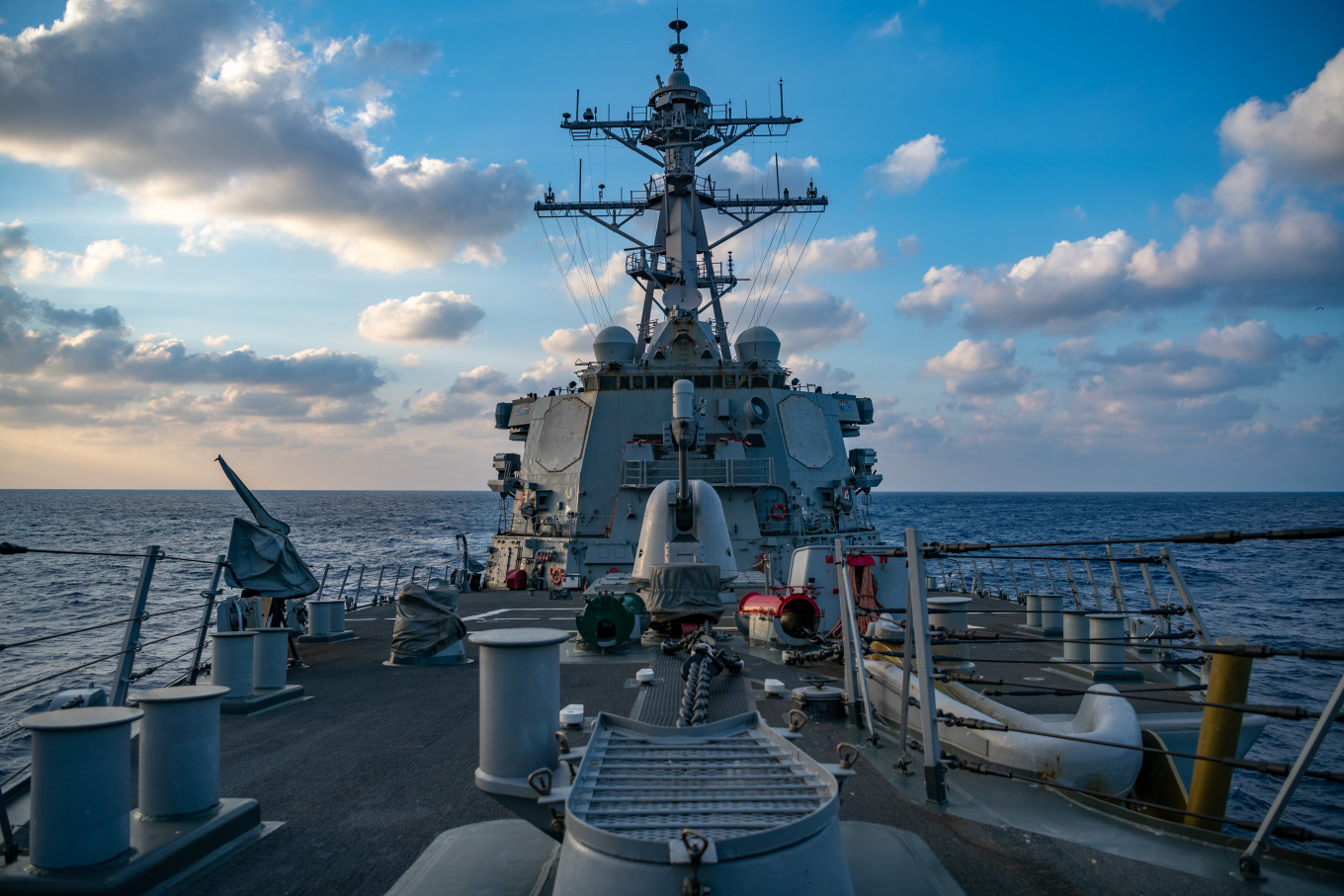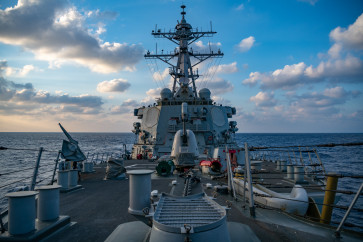Popular Reads
Top Results
Can't find what you're looking for?
View all search resultsPopular Reads
Top Results
Can't find what you're looking for?
View all search resultsUncovering the truth about AUKUS
The recent alliance shows an intention to sow divisions in the region, argues Chinese Ambassador to ASEAN Deng Xijun.
Change text size
Gift Premium Articles
to Anyone
O
n Sept. 15, leaders of the United States, the United Kingdom and Australia issued a joint statement announcing the establishment of an enhanced trilateral security partnership called AUKUS. According to the pact, the US and the UK will help Australia identify an optimal pathway to building a nuclear-powered submarine fleet over 18 months. Australia expects to build at least eight nuclear-powered submarines in Adelaide with the support of the US and the UK.
The deal is in no way something trivial for regional countries, whose nerves should not and cannot stay undisturbed. Explanations and assurances through phone calls by the parties immediately after the announcement won’t blur the vision of regional countries to see the strategic calculations that lie behind. Serious consequences are sure to emerge, and the following three of them might be of most significance.
First, AUKUS will create an enormous risk of nuclear proliferation once rules are broken.
While the rhetoric of the US, the UK and Australia has never been absent of the rules-based order, they themselves have been the actual and biggest rules-breakers.
The Nuclear Non-proliferation Treaty (NPT) is the cornerstone of the international nuclear disarmament and control regime and one of the most fundamental rules of global security. Yet as nuclear-weapon states bound by the NPT, both the US and the UK decided to provide Australia, a non-nuclear-weapon state, with highly enriched uranium (HEU) that could be applied for manufacturing nuclear weapons.
This is an outright betrayal of the NPT’s spirit and the most consequential violation of the international multilateral rules of nuclear non-proliferation, and it discredits Australia as a self-claimed nation with “exemplary non-proliferation credentials”.
The International Atomic Energy Agency (IAEA) has no safeguards for naval reactors which, together with nuclear-powered submarines, are usually regarded as militarily confidential. Therefore, the IAEA has no means available to prevent Australia from withdrawing the nuclear material and applying it to make nuclear weapons.


















